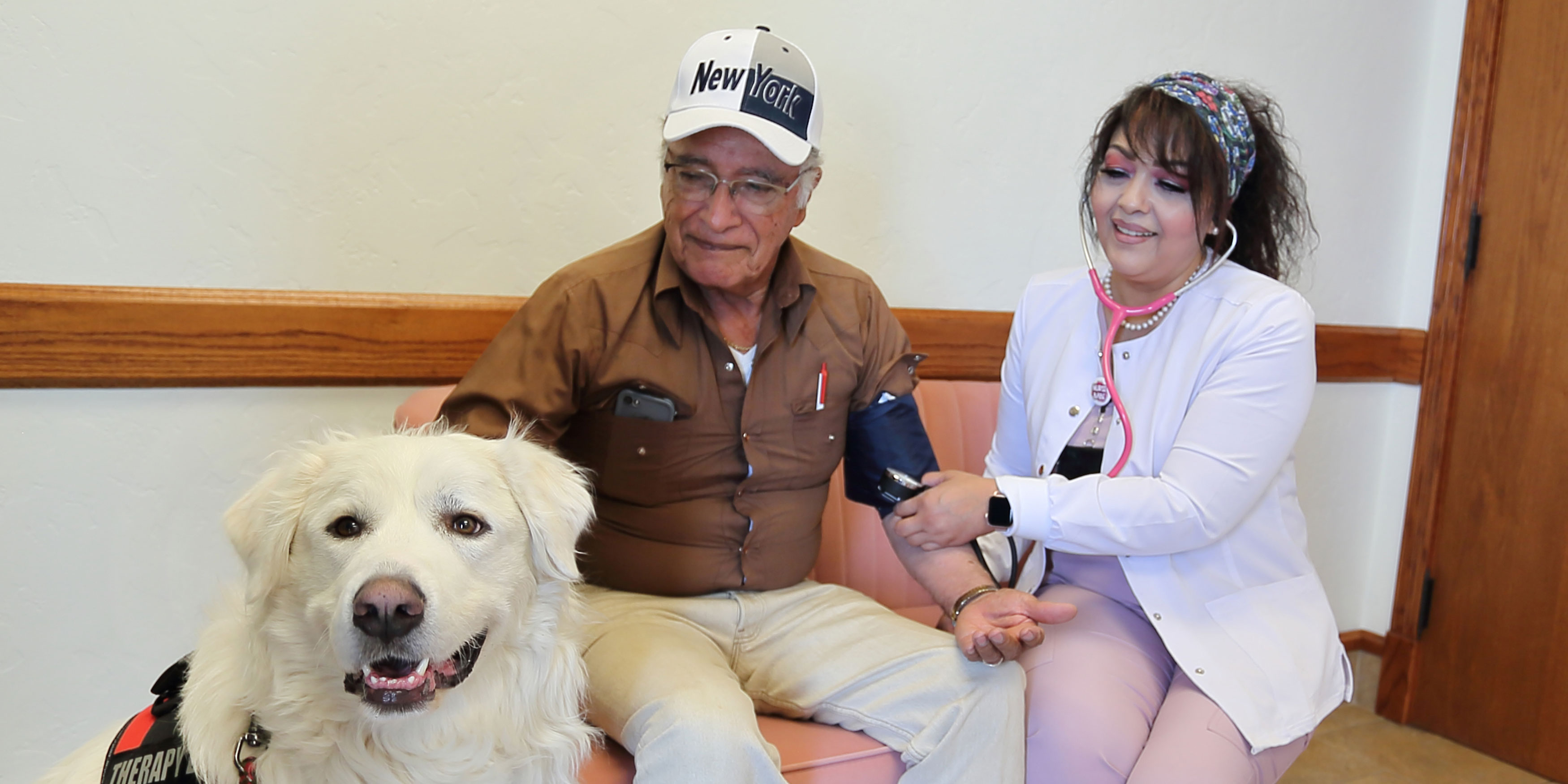
Palliative care helps manage physical symptoms like pain, shortness of breath, fatigue, nausea, and anxiety to improve comfort and quality of life.

It offers counseling, support groups, and coping strategies to help patients and their families handle stress, fear, and emotional challenges.

Palliative teams work with doctors, nurses, and other specialists to ensure care is organized, consistent, and aligned with the patient's goals.

They help patients and families discuss and document preferences for medical care, including advance directives and end-of-life wishes.

Palliative care provides address to chaplains or spiritual counselors for guidance, comfort, and meaning, respecting the patient's beliefs and values.

It offers education, respite, and resources to help families and caregivers manage the challenges of caring for a seriously ill loved one.
